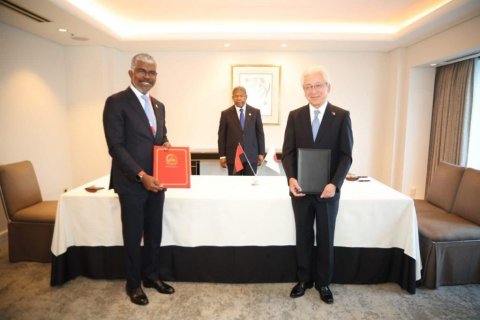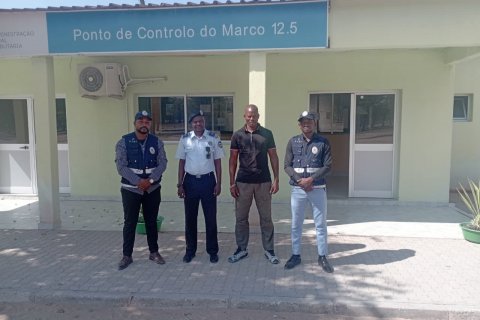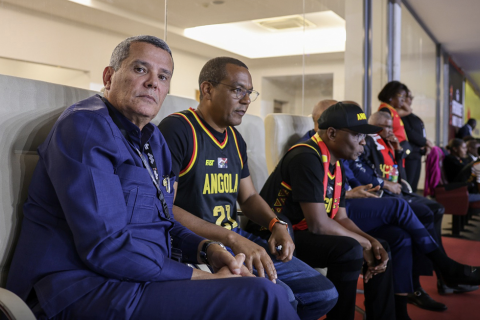The Parto Seguro application, created in Denmark, and already used in other African countries, is a digital tool that can be used in remote areas, as it is accessible without being connected to the Internet.
The Portuguese version, developed by the Ministry of Health and the United Nations Population Fund (UNFPA), in partnership with the Maternity Foundation, will be used, in a first phase, by 240 health professionals from the regions affected by the drought in the south of Angola.
According to the representative of the Ministry of Health, Hilário Cassule, the reduction of maternal and infant mortality is one of the priorities of the Angolan executive, which has set a goal of reducing these rates by 50 percent and increasing the coverage of institutional births by 80 percent.
Hilario Cassule also mentioned that institutional maternal mortality halved between 2017 and 2021, from 377/100,000 live births to 187/100,000 live births, figures that he still considered worrying.
"Most maternal deaths are preventable," said the official.
The provincial director of Health, Miguel Pedro Ferreira, also stressed that the local authorities have been betting on the drastic reduction of maternal and child mortality, underlining the work of sensitizing the communities.
One of the reproductive health programs at the provincial level is precisely the awareness of communities in order to seek health units for childbirth, he said, recognizing that the cultural factor "pinches the clinical dynamics, because culturally women tend to give birth at home".
He said that the provincial government is preparing the distribution of mobile devices to install the application gradually, in each of the 114 health units in Namibe where there are programs to monitor pregnant women, which should happen in "two to three months".
The "Safe Delivery" application is already used by 250,000 health professionals worldwide and is integrated into more than 15 health programs nationwide in Ethiopia and India, where it was introduced into Nursing.
It is free and works 'offline', transmitting clinical instructions through videos, and is aimed in particular at health workers in rural and remote areas.
It also includes a library with up-to-date documents on clinical procedures, and a catalog of training in the health area, which beneficiaries can attend according to their needs and availability.
In Angola, it will initially be available to 240 clinical professionals from provinces affected by the drought, namely Namibe, Cuando Cubango, Cunene and Huíla.
The introduction of the Parto Seguro application in southern Angola is part of the government's Response to Drought program, which establishes a set of priority actions in several areas, including health, to mitigate the effects of extreme weather conditions in the region.
To enhance the use of the application, the Maternity Foundation will train Angolan users on how the platform works, also indicating how to integrate it into specific training at health facilities in the region.
A monitoring plan will be in place for possible adaptations of content to specific needs that may be identified, the UNFPA said in a statement.
The adaptation of the Parto Seguro application to the Portuguese language also opens space for the use of this tool in the Portuguese-speaking world, a possibility that will be analyzed by the UNFPA central office, together with the organization's representations in Portuguese-speaking countries.







